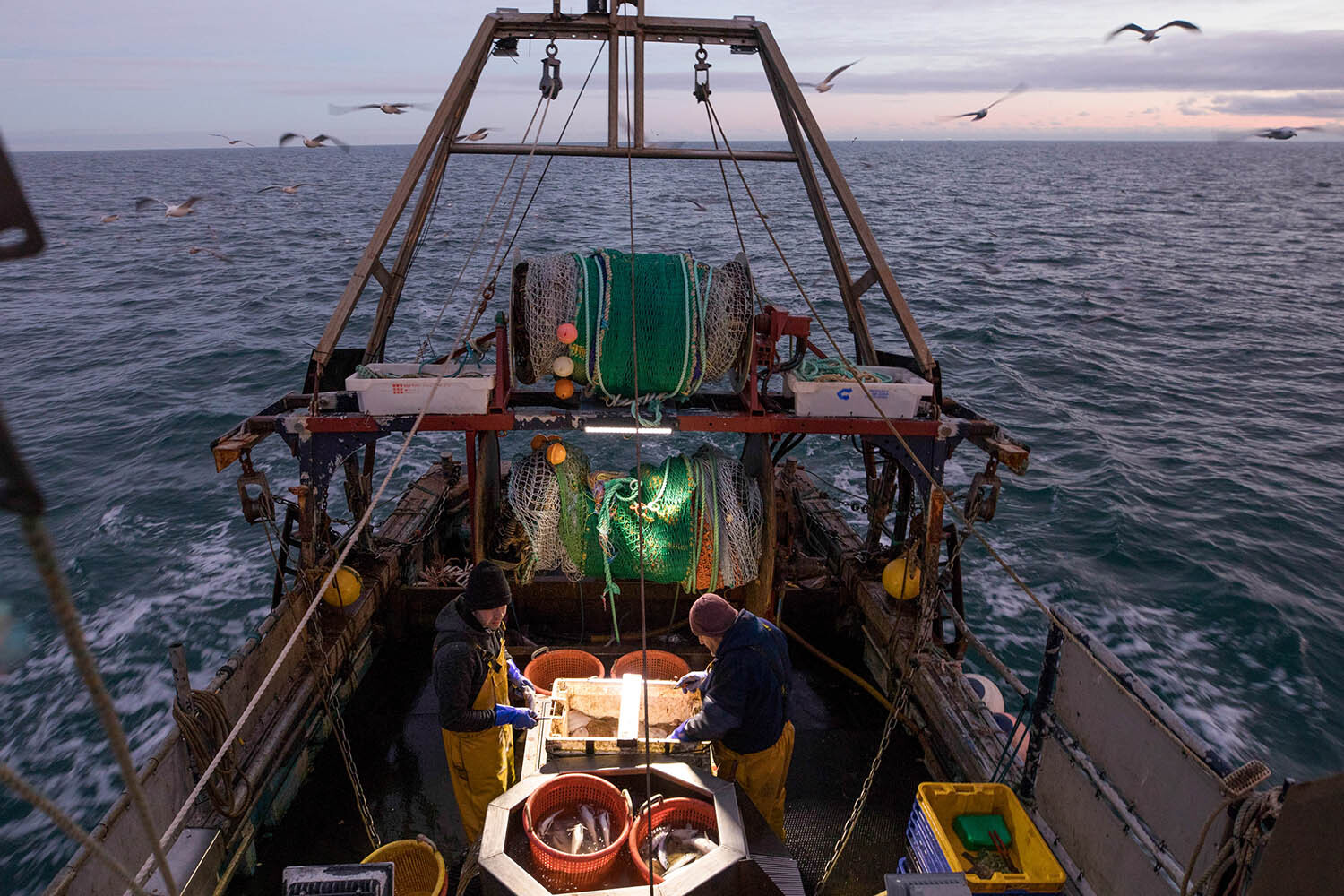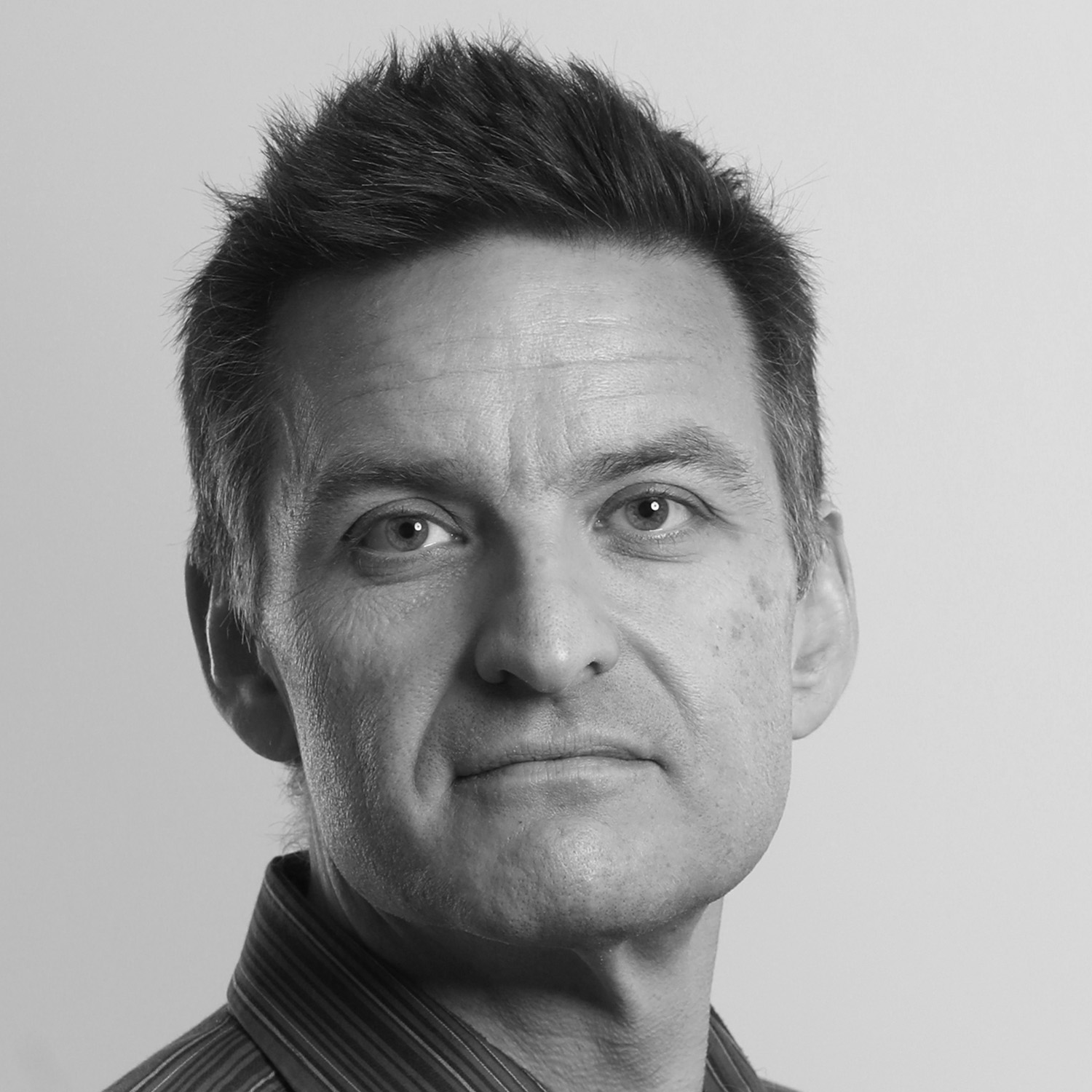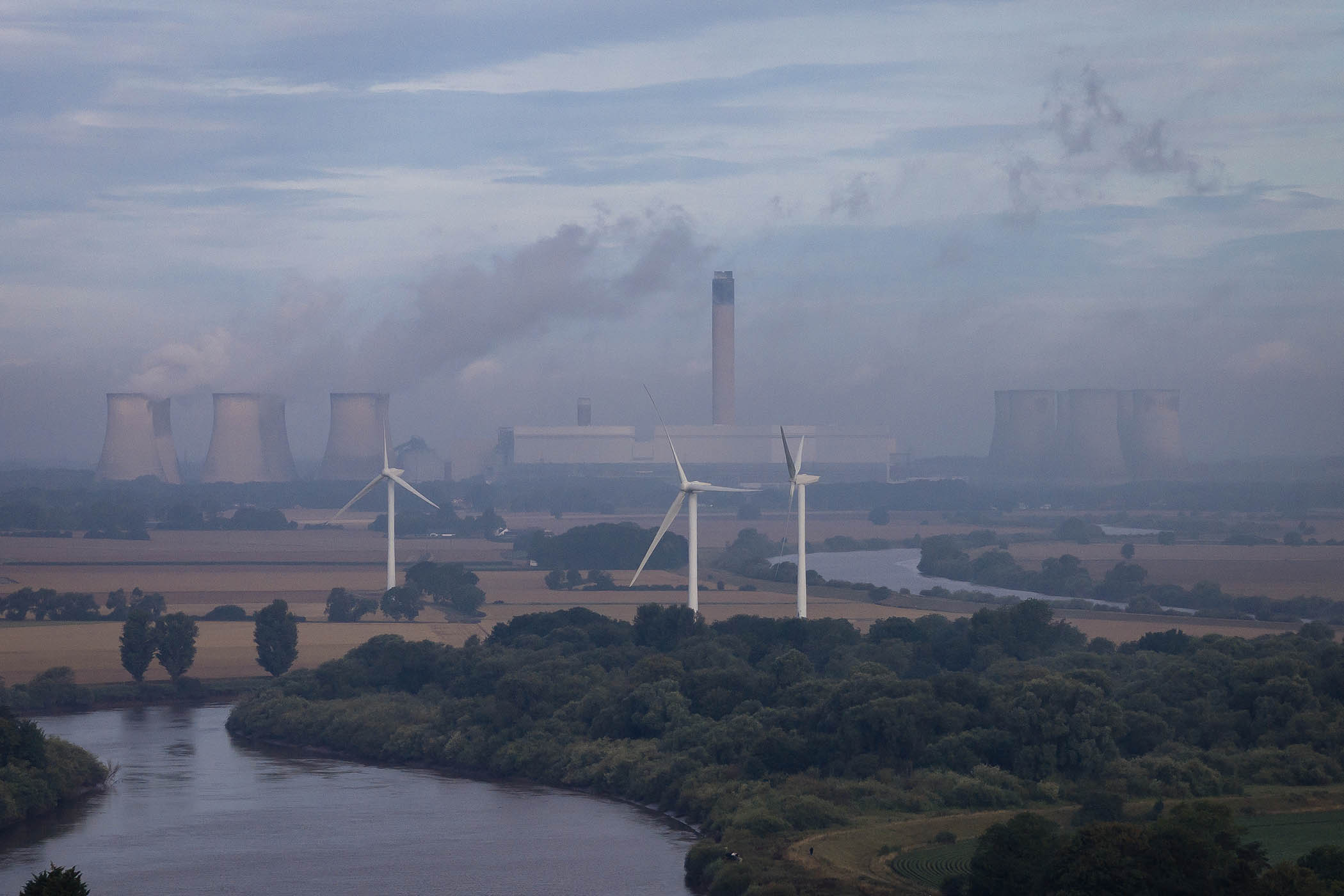Mankind is killing the seas. That’s the message from David Attenborough’s new film Ocean, which has put bottom trawling in the crosshairs of environmental activists.
So what? The film cuts through. Bottom trawling and dredge fishing are among the most widespread methods of destructive fishing, but for decades they’ve been largely hidden from view. What has helped Ocean grab public attention - apart from Attenborough’s involvement - is footage that gives a fish-eye view of bottom trawling in action. The film has galvanised campaigners ahead of a UN summit on oceans next week.
Drag. Bottom trawling involves pulling a heavy chain or metal beam across the seabed, in front of a large trawler net. It disturbs any fish or molluscs on the ocean floor and scoops them up.
Damage. It’s an efficient way to catch fish, as long as you don’t care which ones.
•
About 92 per cent of bycatch (unwanted fish dumped overboard) from EU boats in 2019 came from bottom trawlers. That’s 230,000 tonnes of dead fish, or about a quarter of all the fish eaten in the UK in a year.
•
Coral, kelp and seagrass are also torn up by trawling, and 92 per cent of the UK’s historical seagrass has been lost. These are crucial spawning grounds for fish species.
•
Mollusc beds and seagrass meadows are big stores of carbon, so ripping them up releases it into the ocean and then the atmosphere, helping to fuel the climate crisis.
Not enough. Marine Protected Areas (MPAs) provide limited respite from this practice:
•
Only 38 of 377 MPAs in UK waters are entirely protected from bottom trawling, according to Oceana.
•
The campaign group thinks the absence of a total ban allowed more than 20,000 hours of bottom trawling last year. That’s just in the offshore MPAs more than 12 nautical miles from land.
•
This doesn’t amount to a complete free-for-all: 60 per cent of MPAs in English waters have bylaws limiting the use of damaging fishing gear. The Marine Management Organisation (MMO) has been adding new bylaws in some MPAs.
Bylaw catch. Oceana calculated that 19 per cent of bottom trawlers operating in UK waters had a UK flag, while 55 per cent were registered as French. (This doesn’t necessarily mean they were all British or French vessels, crews or owners.) Last month the MMO won a case against Christoph Gouy, master of the Pierre D’Ambre, for bottom trawling in the Brighton Marine Conservation Zone in April 2024. He and the owner were handed a bill of £40,000 in fines and costs.
Hello law. Oceana and other activists want a total ban on bottom trawling in MPAs. The previous government pledged to protect all 54 English offshore MPAs by the end of 2024, but this hasn’t happened under Keir Starmer. The environment department says it’s reviewing England’s MPA network and is committed to banning bottom trawling “where it is damaging protected seabed habitats”.
Catchers. The fishing industry says Attenborough’s film doesn’t reflect reality in the UK. The National Federation of Fishermen’s Organisations (NFFO) said Ocean was “about a fishery of the past” and technology and scientific analysis allowed current fleets to use gear selectively and in restricted areas “that can sustain it”. The NFFO said bottom trawling was a small part of the UK fishing fleet.
Catch. Bottom trawlers are usually aiming for cod, haddock and other groundfish, as well as flat fish such as sole, plaice and halibut.
International waters. The UK is not the worst offender. That would be Romania, followed by Belgium and Albania, according to Yale’s Environment Performance Index. The UK doesn’t fish using dynamite or cyanide, which have wreaked destruction in waters around the Philippines, Thailand and Vietnam.
Newsletters
Choose the newsletters you want to receive
View more
For information about how The Observer protects your data, read our Privacy Policy
Mining. The NFFO says aggregate dredging to extract sand and other construction materials is also a risk, as well as seabed mining. Deep-sea mining has never been commercially successful but earlier this year President Trump ordered US administrators to fast-track permits for mining companies.
What’s more… The third UN Ocean Conference begins in Nice on 9 June, but don’t hold your breath. Greenpeace has already criticised the conference’s draft declaration for failing to even mention the impact of destructive fishing practices.



